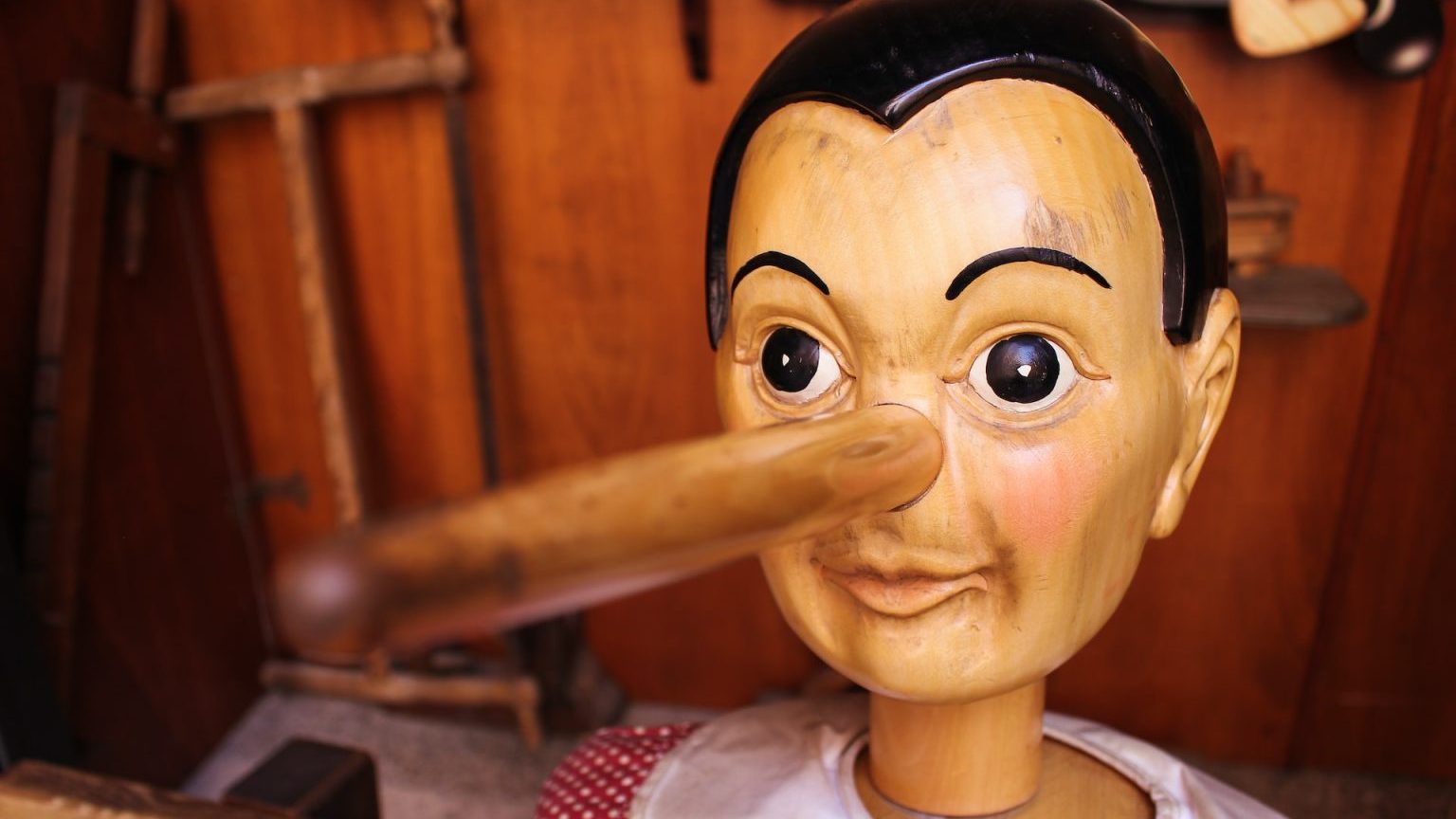Atheists Are Nicer to Christians Than Christians Are to Atheists, Says New Study

A new study by psychologists at Ohio University found that atheists are nicer to Christians than the other way around. The study, however, discovered a potential caveat in why the atheists are nice – they may be kinder to make up for the popularly-held stereotype that atheists are immoral.
Researchers also showed that Christians have an in-group bias towards other Christians when it come to economics – meaning they prefer to do business with people who believe the same as them. Atheists, on the other hand, did not exhibit an in-group bias towards other atheists.
The study’s author Colleen Cowgill, a PhD student, said in an interview with Psypost that atheists have been increasing in visibility, in part due to the rise of the “New Atheists” about a decade ago. Their numbers have also increased, with about 3% of Americans identifying as atheists and about 26% likely not believing in God, according to another recent study. This growth makes interest in “anti-atheist prejudice research” vital.
“From this previous research, we know that the general population in America tends to stereotype atheists as being immoral and untrustworthy – a reputation that many atheists understandably find distressing,” explained Cowgill. “My primary interest was in how atheists themselves respond to these negative stereotypes.”
Cowgill says that negative stereotypes have an effect on individuals within the stereotyped group, leading to “decreased performance for individuals who belong to that group, regardless of their actual ability.”
The stress of fearing that you may conform to a stereotype may “limit the cognitive resources” you need to utilize to do well on tasks, according to Cowgill. She thinks members of a stereotyped group may also act in “compensatory ways” to combat the bias, citing the example of immigrants in America striving to put their American identity on display when it’s threatened.
This insight was the impetus for her research where she chose an economic game as a way to explore how people behave to those within and outside their groups. The game used was a modified version of the Dictator Game, where one person (the dictator) has to share a monetary reward with another.
“I chose to operationalize this through an economic game because I thought it would be an ideal paradigm to capture constructs like ‘generosity’ and ‘fairness,’ which can directly relate to ideas of morality and trustworthiness. Indeed, we found in multiple studies that our atheist participants behaved more fairly towards partners they believed were Christians than our Christians participants behaved towards partners they believed were atheists, which are results that appear to support the original hypotheses,” elaborated Cowgill.
In the study, Christian participants gave more money to fellow Christians than to atheists, while atheists gave equally to atheists and Christians. When the religious identity of the participants was concealed, the effects disappeared. Tellingly, when their own identity was concealed, atheists gave more money to other atheists. Cowgill thinks in that situation they were less motivated to counter negative stereotyping.
“I think it is quite telling that atheists are perhaps so acutely aware of negative stereotypes about themselves that there are observable differences in their behavior as compared with Christians in even this small, low-stakes type of interaction. Arguably, they are on some level aware of a pretty serious stigma about their identity,” said Cowgill.
She concludes that there might be hidden costs of negative stereotyping –
“Might that stigma consciousness create obstacles for a talented atheist interested in doing something like running for political office or spearheading a charitable organization — endeavors that could be said to require a trustworthy reputation?” asked the researcher.
Cowgill’s study involved several experiments, with around 1,400 people.
You can read the new study here, in the Journal of Experimental Social Psychology.





